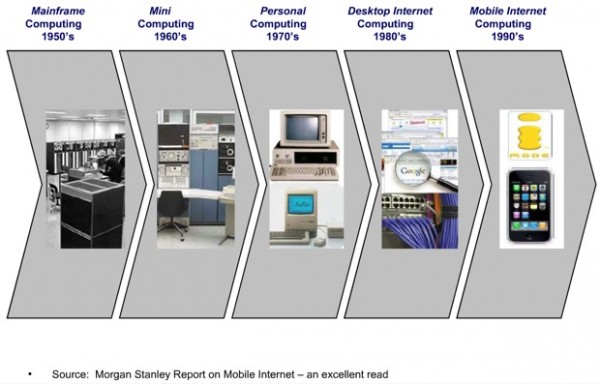I just returned from a couple of weeks in Greece: Crete and Athens.
The trip was great and I’ll post some photos soon but I wanted to briefly mention what went well (and what didn’t) with the electronics on the trip.
The Good?
I left my laptop behind. How awesome not to carry that weight. A smartphone works totally fine for keeping in touch. The only need I’d have for a laptop is backing up and processing photos. Backing up I can do with a dedicated backup unit (that’s the size of a small portable hard drive). Processing photos can wait until I get home. For this trip, Meghan brought her laptop so I backed my photos up to that. I think in the future she won’t be bringing along the laptop either.
Another good? USB charging. It’s so nice being able to use USB cables to charge. It’s nice to be able to carry around a couple of small USB cables and charge so many things. What’s not good? Having dedicated chargers for the different camera batteries, headphones, iPhone, etc.,
Another? Public Wifi. Not only the usual cafes, etc., but Athens provides a few locations throughout town with publicly provided Wifi. Nice!
The Bad?
My iPhone is unlocked so I brought that along and purchased a Vodafone SIM card. While I was able to make a call or two, I couldn’t for the life of me get anything else to work. The Greek text messages that Vodafone sent didn’t help! On previous trips I either purchased a SIM card in a language I could understand or I had an international AT&T plan. Purchasing a local SIM is the way to go, but dealing with the language barrier will be tough. In retrospect, I could have looked into buying a SIM on the layover in Germany – at least I could have better understood the language..
Another bad, my iPhone is painfully slow. I have the 3G (not the 3Gs) and with the latest OS installed it’s just awful to use. Especially compared to my newer phone.
One more bad? Many of the places we stayed didn’t have WiFi (or only had it in the lobby area). This was a minor nuisance. We could plug the laptop into the ethernet connection but my smartphone was out of luck. I was surprised by the lack of embrace for Wifi.
The Ugly?
I decided to download a free app on the iPhone (while in a public square, connected to free public wifi). What an awful experience. For a free app (in a controlled app store) I had to enter my password only to learn that my credit card info needed to be up-to-date (I didn’t have a salutation and my expiration date was old). Despite the fact that I have credit available in my iTunes account and DESPITE the fact that I was trying to access a FREE app I had to update my credit card information before I could proceed.
Fail.
People can complain about the Android app store all they want but I find the experience to be SO MUCH BETTER than the iPhone app store.




